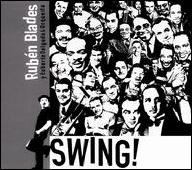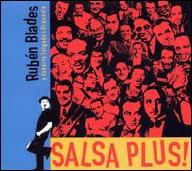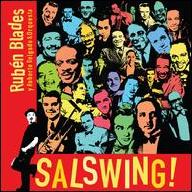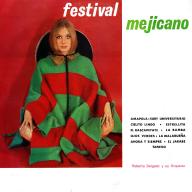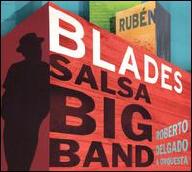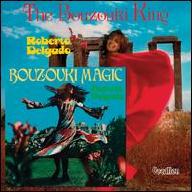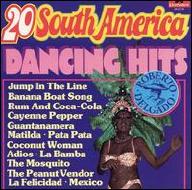Wende had already had considerable success within Germany, recording "Schlager" -- a particularly Northern European style combining waltz, polka, and similar traditional structures with catchy melodies to create upbeat "party pop." Fascinated by world rhythms, Wende released several albums of non-European melodies in a schlager context in Germany to limited success, whereupon Polydor Records decided to release similar future works under the nom de plume of Roberto Delgado. Polydor simultaneously marketed and promoted the Delgado records internationally alongside those of Kai Warner, James Last, and Bert Kaempfert to resounding success during the beat '60s, establishing major markets in both the U.K. and United States as well as Europe.
Warner, Last, Kaempfert, and Delgado/Wende were all major players in the prolific Hamburg music community. All signed to Polydor, they combined energies and talent, recruiting many of the top musicians available in Germany and throughout Europe, as well as sharing producers, studios, and engineers, thereby ensuring consistent quality of recording. Each was prolific, individually releasing as many as six albums in a year, with every title being snapped up by middle-aged consumers enthralled with the happy new sounds emerging from Germany. The musician pool was as talented as Motown's recently celebrated Funk Brothers, including such top talent as trumpeters Charly Tabor, Werner Gutterer, Manfred Moch, and Ack van Rooyen, trombonists Ake Persson and Jiggs Whigham, sax/flute player Herb Geller, and drummer Rolf Ahrens. Perhaps most important of all was the guitar and bass work of Ladi Geisler, who invented his own "crackling bass" sound, referred to as "knackbass," in which the bass string is plucked with a pick and then immediately suppressed, killing any sustain and giving dancers a perfect audio impulse to lead their happy gyrations. Delgado himself was an excellent musician, often playing the lead melody on piano, vibraphone, xylophone, or marimba.
Teamed up with producer Uwe Bowien, Delgado brought many international sounds and styles to the ears of his listeners, ranging from Latin American sambas to Greek bouzouki, soulful reggae to percussion-driven African pop. Not all of his experiments were successful, and most of his albums are burdened with some average dreck; more often than not, however, each album would contain a few gems, a jazzed-up pop song or a full-blown piece of exotica, or maybe even a subtle homage to Django Reinhardt or Booker T.
Wende died in 1996, his music seemingly out of fashion, just before the lounge/exotica surge led to the rediscovery of his work by younger audiences. Many of his titles have been reissued on CD, and those that have not are quickly snapped up on record-selling websites. Roberto Delgado's upbeat happy interpretations of folk and ethnic material have helped open Western doors to the thrilling range of world music, and for that alone Horst Wende deserves a great big Ole! from everyone. ~ Laurie Mercer, Rovi


